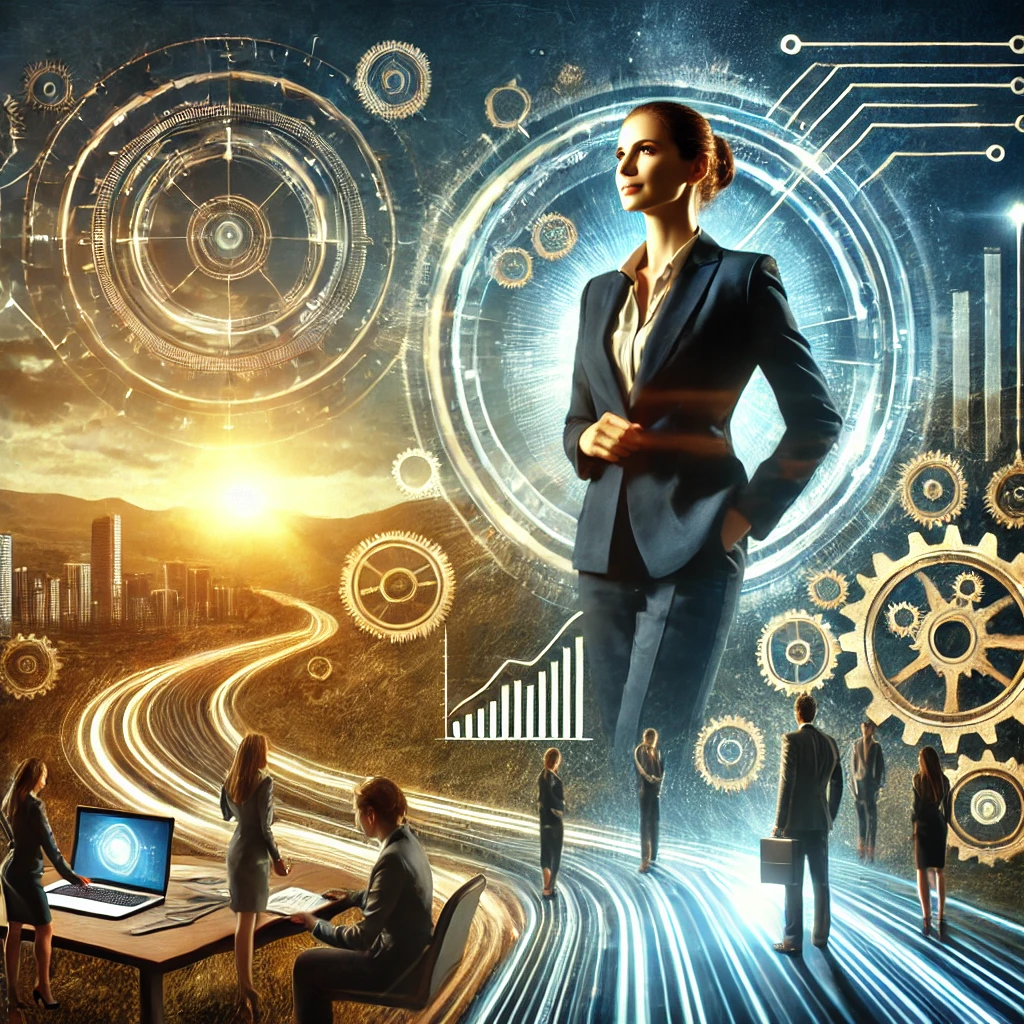In today’s rapidly evolving workplace, the increasing reliance on artificial intelligence (AI) tools presents both opportunities and complex challenges:
while AI significantly enhances efficiency and productivity, it also raises critical concerns about its cognitive effects on employees.
The risk of reduced Critical Thinking and Creativity
As organizations integrate AI more deeply into their operations, there is a growing risk that employees may experience a decline in critical thinking and creativity.
The convenience and speed of AI-driven solutions can inadvertently lead to a workforce overly reliant on automated processes and this dependency has the potential to stifle innovation and independent thought, as employees may become less inclined to engage deeply with problem-solving tasks.
The metaphor of the “Zombie Workforce”
The concept of a “zombie workforce” vividly captures the essence of this concern. It paints a picture of employees as passive consumers of information, merely following AI-generated directives without active engagement or critical analysis.
Such a shift could erode the very qualities that fuel progress and adaptability in the workplace, turning dynamic professionals into mere executors of predefined tasks.
Fostering a culture of Reinvention and Empowerment
To combat these risks, it is crucial for organizations to cultivate a culture of reinvention and empowerment and by encouraging adaptability, human-centric creativity, and resilience, companies can keep their employees engaged and proactive.
Promoting these values helps transform the potential cognitive decline associated with AI dependency into a catalyst for growth and innovation.
Thriving in the AI Revolution
The key to thriving in the AI revolution lies in achieving a balance between leveraging technological advancements and developing human skills.
Organizations that succeed in this balancing act will not only navigate the challenges posed by AI but will also harness its potential to foster a dynamic and innovative workforce:
by nurturing a culture that values both technological proficiency and human ingenuity, businesses can confidently and creatively meet the demands of the future.
In conclusion, as we stand on the brink of this technological revolution, the choices we make today will define the landscape of tomorrow and embracing AI, while fostering an environment that champions human skills, will be paramount in shaping a resilient and forward-thinking workforce.
This responsibility hits on Leaders.


